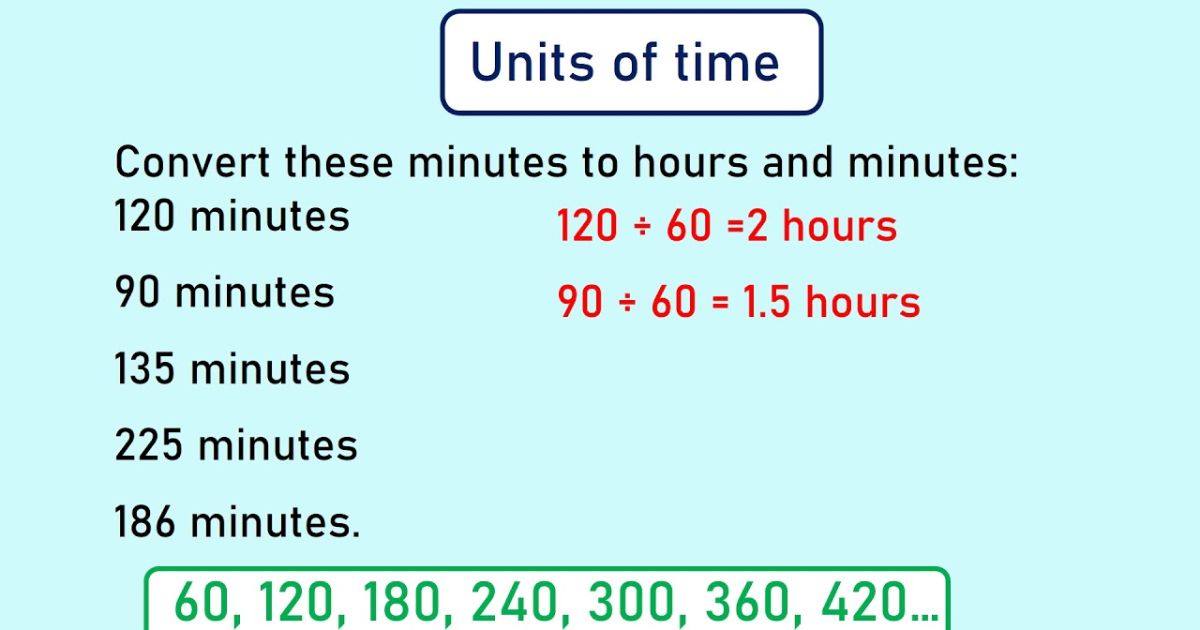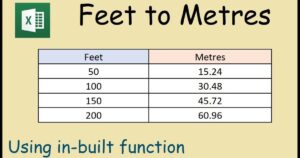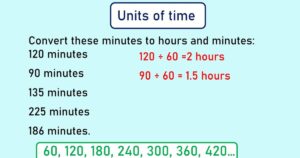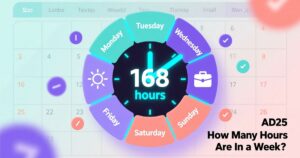Time is very important in our daily life. We use hours, minutes, and seconds every day. Many people wonder how many minutes are in a day. It is simple if we know the right calculation. This helps in study, work, and daily planning. So, learning many minutes in a day is very useful.
One day has 24 hours in total. Each hour is equal to 60 minutes. When we multiply 24 by 60, we get the answer. That shows us the total minutes in one day. This makes time
Introduction to Minutes in a Day
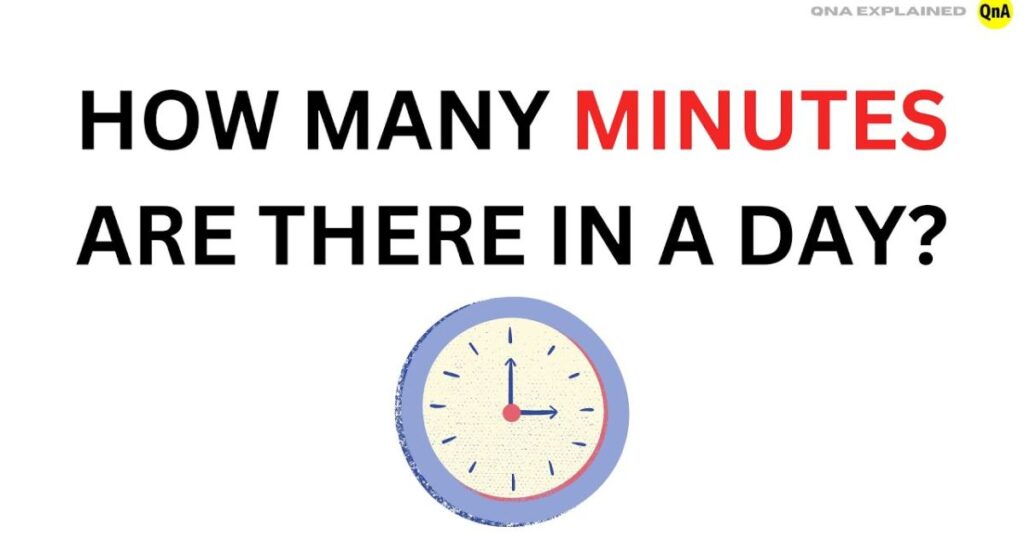
Have you ever stopped to wonder exactly how many minutes fill up your day? It’s a simple question, yet the answer reveals something profound about how we organize our lives. Every single day contains 1,440 minutes, a fixed amount of time that every person on Earth shares equally, regardless of where they live or what they do.
Understanding minutes in a day goes beyond just knowing a number. It’s about grasping how we measure time, why our clocks work the way they do, and how this knowledge can help us make better decisions about how we spend our most precious resource. Whether you’re planning your schedule, tracking your habits, or simply curious about the mechanics of timekeeping, knowing the exact breakdown of minutes in a day is surprisingly useful.
must read: Hours In a Week – How Many Hours Are In a Week (2025)
Solar Day vs. Sidereal Day
When we talk about minutes in a day, we’re usually referring to a solar day, the familiar 24-hour cycle that governs our daily routines. But there’s actually more than one way to measure a day, and understanding the difference can change how you think about time itself.
The Earth rotates on its axis while simultaneously orbiting the Sun, which creates two distinct types of days: the solar day and the sidereal day. These aren’t just academic concepts; they represent different ways of measuring Earth’s rotation, and they differ by several minutes. For astronomers, scientists, and anyone interested in how our planet moves through space, this distinction matters significantly.
What is a Solar Day?

A solar day is the time it takes for the Sun to return to the same position in the sky essentially, from noon to noon. This is the day we all know and use in our everyday lives, containing exactly 1,440 minutes in a day.
Here’s what makes a solar day special: because Earth is moving around the Sun while it rotates, it has to spin slightly more than one complete rotation (about 361 degrees instead of 360 degrees) for the Sun to appear in the same spot again. This extra rotation adds approximately 4 minutes to what would otherwise be a shorter day.
The solar day is divided into:
- 24 hours
- 1,440 minutes
- 86,400 seconds
This is the foundation of our entire timekeeping system; our clocks, schedules, calendars, and appointments all revolve around the solar day. When you calculate minutes in a day for practical purposes, you’re always using the solar day measurement.
What is a Sidereal Day?
A sidereal day measures time differently; it’s the time it takes for Earth to complete one full rotation relative to distant stars rather than the Sun. This takes approximately 23 hours, 56 minutes, and 4 seconds, which equals about 1,436 minutes.
That’s right, a sidereal day is actually 4 minutes shorter than the solar day we use in our daily lives! This happens because Earth’s orbit around the Sun means that by the time our planet completes one rotation relative to the stars, it has moved slightly along its orbital path, requiring those extra few minutes of rotation to bring the Sun back to the same position.
For astronomers and satellite operators, sidereal time is crucial. Telescopes need to track stars based on Earth’s rotation relative to the cosmos, not relative to the Sun. GPS satellites and space missions also use sidereal calculations to maintain accurate positioning.
Why Does This Matter?
Understanding the difference between solar and sidereal days might seem like splitting hairs, but it has real-world implications. When we discuss minutes in a day, we need to be clear about which type of day we mean.
For everyday life, the solar day’s 1,440 minutes is what counts. This is what your watch measures, what your work schedule follows, and what determines when sunrise and sunset occur. Your morning alarm, your lunch break, and your evening plans all exist within this 1,440-minute framework.
However, for scientific and astronomical purposes, that 4-minute difference becomes significant. Over the course of a year, those 4 minutes add up to create the shifting positions of stars in the night sky at the same clock time. This is why different constellations are visible during different seasons: the sidereal day and solar day gradually drift apart over months.
The distinction also reminds us that time isn’t as simple as we often think. Our measurement systems are human inventions designed to make sense of complex celestial mechanics, and understanding these nuances helps us appreciate the sophisticated way we’ve learned to track our existence on a spinning, orbiting planet.
How to Calculate How Many Minutes in a Day
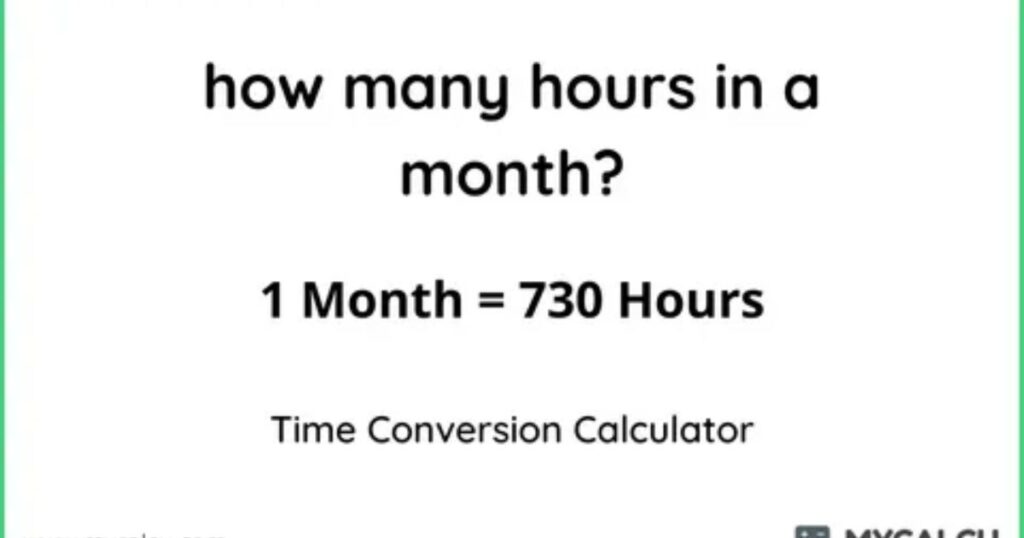
Calculating minutes in a day is straightforward once you understand the basic structure of time measurement. Let’s break down this simple but important calculation step by step.
Step 1: Start with 24 hours
The foundation of our calculation begins with the 24-hour day. This division of a solar day into 24 equal parts has ancient origins, dating back to Egyptian astronomy and later refined by Babylonian mathematicians who loved working with the number 60.
When someone asks about minutes in a day, we always begin with this baseline: 1 day = 24 hours. This is the standard unit everyone recognizes, whether you’re looking at a digital clock showing military time (0:00-23:59) or a traditional 12-hour analog clock with AM and PM divisions.
Step 2: Multiply by 60 minutes
The next step leverages the fact that each hour contains exactly 60 minutes. This 60-minute division is another gift from ancient Babylonian mathematics, where the sexagesimal (base-60) number system made calculations easier with their available tools.
Here’s the calculation: 24 hours × 60 minutes per hour = 1,440 minutes
This multiplication is the key to converting between hours and minutes. Whether you’re calculating how many minutes you have until a deadline, how long a project will take, or simply satisfying your curiosity about time, this formula gives you the precise answer.
Result: 1440 minutes in a day
The final answer: there are exactly 1,440 minutes in a day. This number is constant, reliable, and the same for everyone, everywhere on Earth (at least in terms of standard timekeeping).
To put this in perspective:
- 1,440 minutes equals 24 hours
- 1,440 minutes equals 86,400 seconds
- If you sleep 8 hours, you’re awake for 960 minutes
- If you work 8 hours, that’s 480 minutes
- Your lunch break might be 30-60 minutes
This number becomes incredibly useful when you start thinking about productivity, time management, and life planning. Some people find it eye-opening to realize they have exactly 1,440 minutes each day to allocate among all their activities no more, no less. It’s a democratic distribution of time that treats billionaires and students, celebrities and everyday workers, exactly the same.
Difficulties and Importance
While calculating minutes in a day seems simple on the surface, the reality of measuring and managing time presents fascinating challenges that humanity has grappled with for millennia.
The Challenges of Timekeeping
Timekeeping is far more complicated than just counting to 1,440 minutes and starting over. Earth’s rotation isn’t perfectly consistent; it’s gradually slowing down due to tidal friction from the Moon. This deceleration is minuscule (about 1.7 milliseconds per century), but over millions of years, it adds up significantly.
Scientists must occasionally add leap seconds to our clocks to keep them synchronized with Earth’s actual rotation. Since 1972, we’ve added 27 leap seconds, meaning some days technically had 86,401 seconds instead of 86,400. These adjustments ensure that our official time doesn’t drift away from the astronomical reality of Earth’s position.
There are other challenges too:
- Time zones divide the world into regions that experience different times simultaneously
- Daylight Saving Time artificially shifts clocks forward or backward, creating days with either 23 or 25 hours (1,380 or 1,500 minutes)
- Relativity effects mean that time actually passes at slightly different rates depending on your speed and gravitational field
- Calendar irregularities like leap years remind us that our timekeeping systems are approximations of natural cycles
Understanding that there are 1,440 minutes in a day is just the beginning. The real complexity comes from how we’ve organized these minutes across different cultures, technologies, and scientific requirements.
Why Knowing Time Matters

Understanding minutes in a day isn’t just trivia, it’s fundamental to how we live our modern lives. Time consciousness shapes everything from how we structure our work to how we experience our relationships and personal growth.
For personal productivity
When you realize you have exactly 1,440 minutes each day, it transforms how you think about your choices. Spending 30 minutes on social media doesn’t sound like much, but do it five times a day and you’ve used up 150 minutes more than 10% of your waking day. Knowing the exact numbers helps you make intentional decisions about where your minutes go.
For professional success
Businesses run on time. Meeting deadlines, scheduling appointments, coordinating across time zones, and calculating labor hours all depend on accurate time measurement. A project manager who understands that a workweek contains 2,400 minutes (40 hours) can better allocate resources and set realistic expectations.
For health and wellness
Sleep experts recommend 7-9 hours (420-540 minutes) of sleep per night. Fitness professionals suggest at least 150 minutes of moderate exercise weekly. Nutritionists talk about meal timing and intermittent fasting in terms of hour and minute windows. All these recommendations make more sense when you understand the full context of 1,440 minutes per day.
For scientific understanding
Accurate timekeeping enables GPS navigation, internet synchronization, financial transactions, power grid management, and countless other technologies we depend on daily. The precision of knowing exactly how many minutes in a day exists allows our technological civilization to function smoothly.
For personal perspective
Perhaps most importantly, understanding that we all get exactly 1,440 minutes each day no more, no less can be both humbling and empowering. It reminds us that time is our most finite resource, and how we choose to spend those minutes ultimately defines our lives.
Every day when you wake up, the clock resets, and you receive another 1,440 minutes to use as you wish. Some will be spent on necessities, others on work, and hopefully many on the people and activities that bring meaning to your life. Understanding this simple number 1,440 minutes in a day might just be the first step toward making those minutes count.
Conclusion
Knowing the minutes in a day is very helpful. It makes time calculation quick and easy. You can plan your daily schedule better. Students also use it in math problems. Workers use it for time tracking. Everyone benefits from this knowledge.
A day has 24 hours which equals 1,440 minutes. This is simple math but very important. It helps in learning time management skills. You can convert hours to minutes anytime. This saves effort in daily planning. So, always remember the value of minutes in a day.
FAQs
How many minutes are there in one day?
There are exactly 1,440 minutes in a day, calculated by multiplying 24 hours by 60 minutes per hour.
How do you calculate minutes in a 24-hour day?
Simply multiply 24 hours by 60 minutes per hour to get 1,440 minutes in a day.
What is the total number of minutes in a full day?
A complete day contains 1,440 minutes, which also equals 86,400 seconds or 24 hours.
How many minutes do we get each day to use?
Everyone receives exactly 1,440 minutes in a day, regardless of location or circumstances it’s our equal daily time budget.
Why are there 1440 minutes in a day?
There are 1,440 minutes in a day because we divide the 24-hour solar day into 60-minute segments, a system inherited from ancient Babylonian mathematics.
How many minutes are in a day and night combined?
Day and night together make up one complete 24-hour cycle, which totals 1,440 minutes in a day.
